Revolutionizing Jurisprudence: The Transformative impact on Artificial Intelligence in the Legal Realm
Introduction of AI in Legal
In the 21st Century, the legal landscape is undergoing a profound transformation, driven by the integration of Artificial Intelligence (AI). As we stand at the intersection of technology and jurisprudence, the influence of AI in the legal domain is become increasingly palpable. The legal profession, historically characterized by meticulous research, document scrutiny, and complex case analyses, is now embracing the capabilities of AI to enhance efficiency and accuracy. From revolutionizing legal research methodologies to automating document review processes, AI is heralding a new era in legal practices. The power of machine learning algorithms and natural language processing not only expediting the often-time consuming aspects of legal work but also reshaping the very nature of decision-making in the legal sphere. This article delves into the multifaceted applications of AI within the legal sector, exploring how these technological advancements are redefining the boundaries of legal practices, fostering a more agile, and responsive judicial system. As we navigate through the realm of predictive analytics, contract management, and ethical considerations, the symbiotic relationship between artificial intelligence and the legal profession is poised to leave an indelible mark on the evolution of jurisprudence.

The Rise of AI in Legal
As legal professionals grapple with the ever-expanding volumes of data, AI has become a formidable ally in managing, analyzing, and extracting valuable insights from massive datasets. From due diligence to legal research, AI-Powered tools have proven their mattle in significantly reducing the time effort traditionally require for these tasks. This technological leap allows legal practitioners to focus on higher value activities, such as strategy development and client management. The ascent of Artificial Intelligence (AI) within the legal arena marks a pivotal moment in the evolution of legal practice. Long gone are the days of laborious manual research and document review; today AI is revolutionizing the every fabric of the legal landscape. Its rise can be likened to a transformative tide, sweeping through traditional, methodologies and leaving in its wake a trail of unprecedented efficiency and precision. Legal professionals, once tethered to volumes o legal texts, now harness the power of machine learning algorithms to navigate through complex case histories and predict outcomes.
The advent of AI in legal research document analysis, and contract review has become not merely a convenience but an indispensable tool, augmented the capabilities of legal practitioners. The rise is not just a traditional shift; it is a paradigmatic once, signifying a departure from the conventional and embracing a future where the synergy between human intellect and machine acumen amplifies the pursuit of justice.
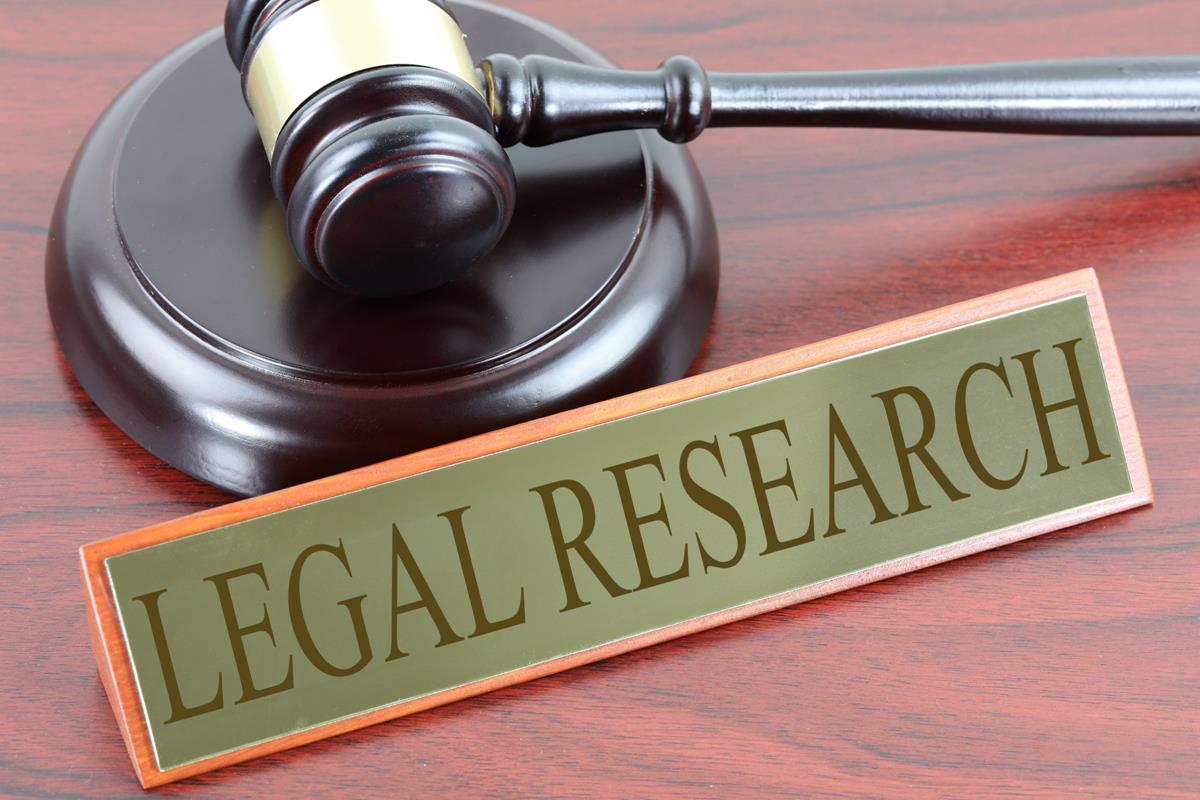
Legal Research and Document Review
One of the most prominent applications of AI in the legal field is in legal research and document review. Traditionally lawyer, spent countless hours sifting through volumes of legal texts and precedents to build their cases. AI-Powered legal research tools, such as ROSS intelligence and Westlaw edge, have significantly expedited this process. These tools leverage natural language processing and machine learning algorithms to analyze vast datasets of legal documents, extracting relevant information and providing lawyers with quick and accurate insights. In the realm of legal research and document review, the infusion of artificial intelligence stands as a beacon of innovation, radically reshaping traditional approaches. The labor intensive days of poring over volumes of legal texts and meticulously dissecting case law are evolving into an era of swift and precise information retrieval. AI-powered legal research tools, equipped with advanced natural language processing and machine learning algorithms, now sift through vast database with an unparalleled speed and accuracy.
These technological aides not only expedite the discovery of relevant precedents but also possess the capacity to recognize intricate legal patterns that might elude human observers. Document review, a historically time consuming aspects of legal work, witness a metamorphosis as AI Algorithms tirelessly analyze and categorize documents, ensuring a meticulous examination that is both rapid and exhaustive.
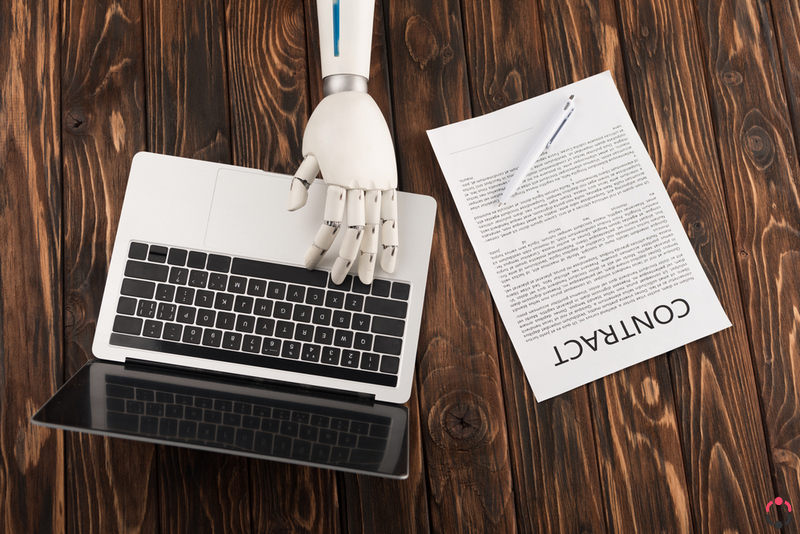
Contract Review and Management in AI in Legal
AI’s proficiency in natural language processing has also proven invaluable in contract review and management. Rather than manually scrutinizing each clause and provision, legal professional can utilize AI tools to identify potential risks, inconsistencies, and deviations from standard language. This not only expedites the contract review process but also minimizes the likelihood of oversight or overhood, ultimately bolstering the quality of legal services provided. In the dynamic arena of legal contract review and management, AI has emerged as a transformative force streamlining processes and fortifying the foundation of contractual agreements. Traditional manual review of contract, often prone to human oversight, is witnessing a revolutionary shift as AI technologies like Kira system and eBrieva take centre stage. These sophisticated platforms leverage machine learning algorithms to swiftly scrutinize complex contractual documents, extracting and organizing crucial information with a precision that surpass human capabilities. The tedious tasks of identifying key clauses, ensuring compliance, and mitigate risks is now navigated with unprecedented efficiency.
Furthermore, AI-driven contract management system empower legal professionals to automate routine tasks, such as tracking expirations dates and renewal terms, allowing them to allocate more time to strategic value driven aspects of their work. The infusion of AI in contract review and management not only expedites processes but also enhance the accuracy and reliability of legal analyses, fostering a new era where legal practitioners can confidently navigate the intricate landscape of contractual relationship with the supporting of cutting edge technological allies.

Predictive Analytics in Legal Practices with AI in Legal
AI’s predictive analytics capabilities are transforming the way legal professional approach litigation and dispute resolution. By analyzing historical case data and identifying patterns, AI algorithms can forecast likely outcomes, helping real teams develop more effective strategies. This proactive approach not only enhances the chances of success in legal proceedings but also allows for better for better resource allocation and cost management. The integration of predictive analytics within legal practices represent a groundbreaking leap into a future where informed decision-making takes centre stage. In the legal sphere, where the outcomes of cases often hinges on nuanced factors. AI-Driven predictive analytics is reshaping the strategies employed by legal professionals. By analyzing vast troves of historical legal data, machine learning algorithms can now forecast case outcomes, assess the probability of success and provide valuable insight that guide legal strategies. This not only enhance attorneys to make informed decisions but also allows or proactive approach to legal challenges.
The predictive prowess of AI in legal practices extends beyond individual cases, influencing broader trends and patterns within the legal landscape. As legal professionals harness the power of predictive analytics, they gain a strategic advantage, offering clients more nuanced advice and enhancing the overall efficiency of legal strategies.
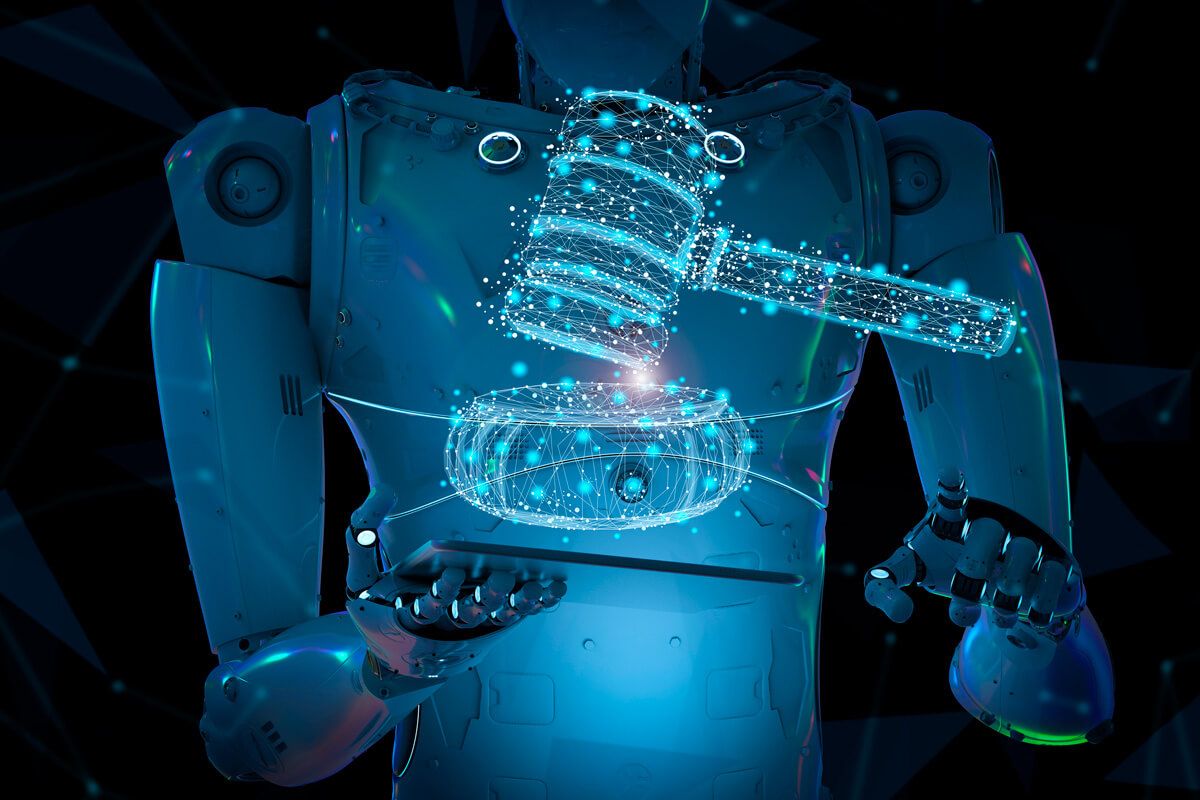
Automation of Routine tasks with AI in Legal
Automation has become a cornerstone o efficiency in the legal field, freeing up time for lawyers to focus of tasks that require human judgement and expertise. Routine legal tasks such as document review, data entry, and administrative duties can be automated through AI-powered solutions, allowing legal professionals to redirect their effort towards complex problem-solving and client interaction. The automation of routine legal tasks through the prism of Artificial Intelligence, stand as a revolutionary tide, liberating legal professionals from the quagmire of repetitive chores and unleashing a new era of efficiency. Mundane activities such as document drafting, data entry, and deadline tracking are now seamlessly managed by AI-Drive tools, allowing lawyers to redirect their focus towards higher-focus legal thinking. This automation not only expedites processes but also significantly reduces the likelihood of errors, enhancing the overall quality of legal work. From generating standard legal documents to managing routine administrative tasks, AI streamlines the workflow, ensuring the legal practitioners can dedicate their intellectual prowess to the strategic and analytics facets of their practice.
AI continues to evolve, the automation of routine legal tasks herald a paradigm shift, transforming legal professionals into architects of legal strategy rather than mere custodians of paperwork. The synergy between human expertise and AI efficiency paves the way for a legal landscape where innovation and intellect converge, reshaping the very essence of what it means to practice law in the 21st Century.
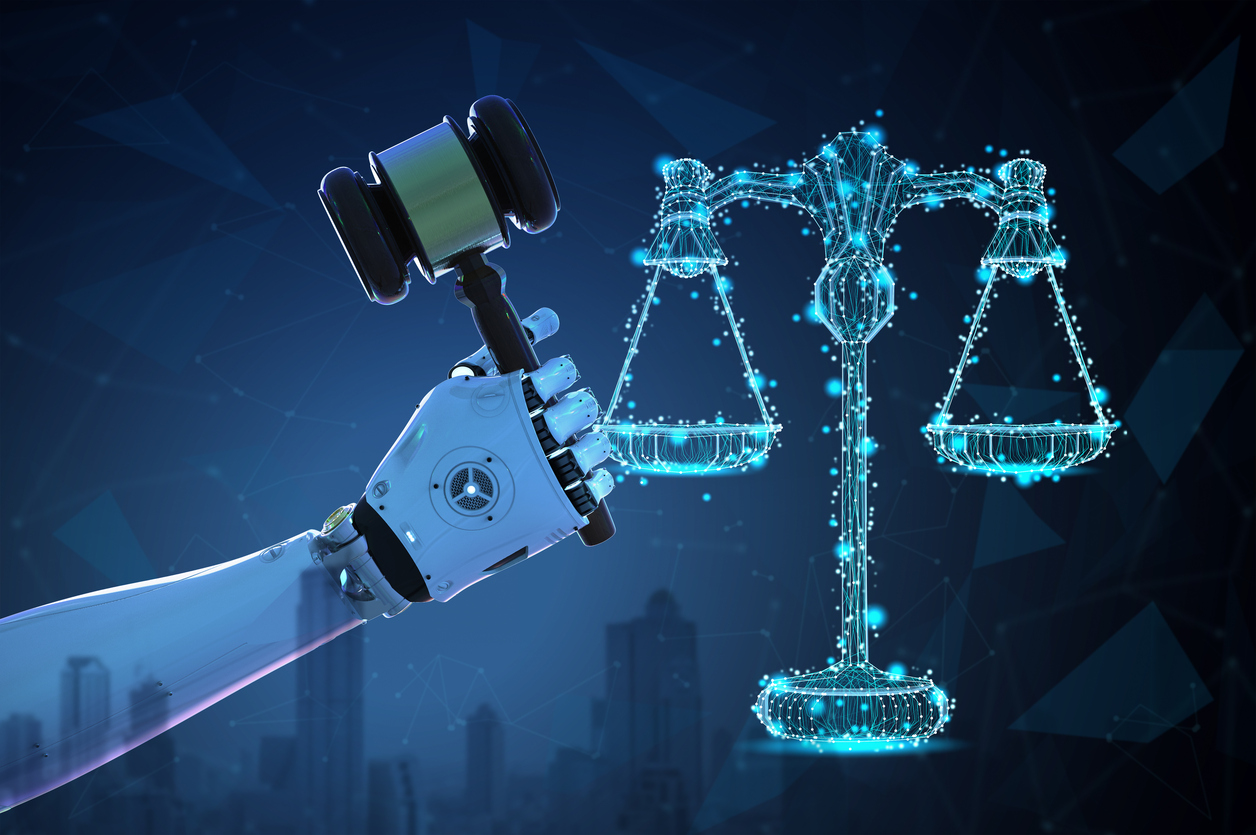
Ethical Considerations and Challenges with AI in Legal
As AI continue to reshape the legal landscape, it is imperative to address ethical considerations and challenges associated with its adoption.Issues related to data, privacy bias in algorithms, and the responsible use of AI must be carefully navigate to ensure that the benefits o AI in legal are realized without compromising ethical standard and the rule of law. The integration of Artificial Intelligence (AI) into the legal domains raises a complex tapestry of ethical considerations and challenges that demand careful examination. As AI algorithms increasingly influence legal decision-making, the question of algorithmic bias become a focus point, prompting legal professionals to grapple with issues of fairness and justice. The inherent bias within training data may inadvertently perpetuate and even exacerbate existing disparities within the legal system. Furthermore, the transparency of AI decision-making processes poses a challenges as the intricate nature of machine learning algorithms often renders them inscrutable.
Legal practitioners are confronted with the ethical responsibility of ensuring that AI system are accountable, transparent, and aligned with principle of due process. Data privacy concerns also loom large, as the vast datasets used to train AI models may contain sensitive information that demand safeguarding.
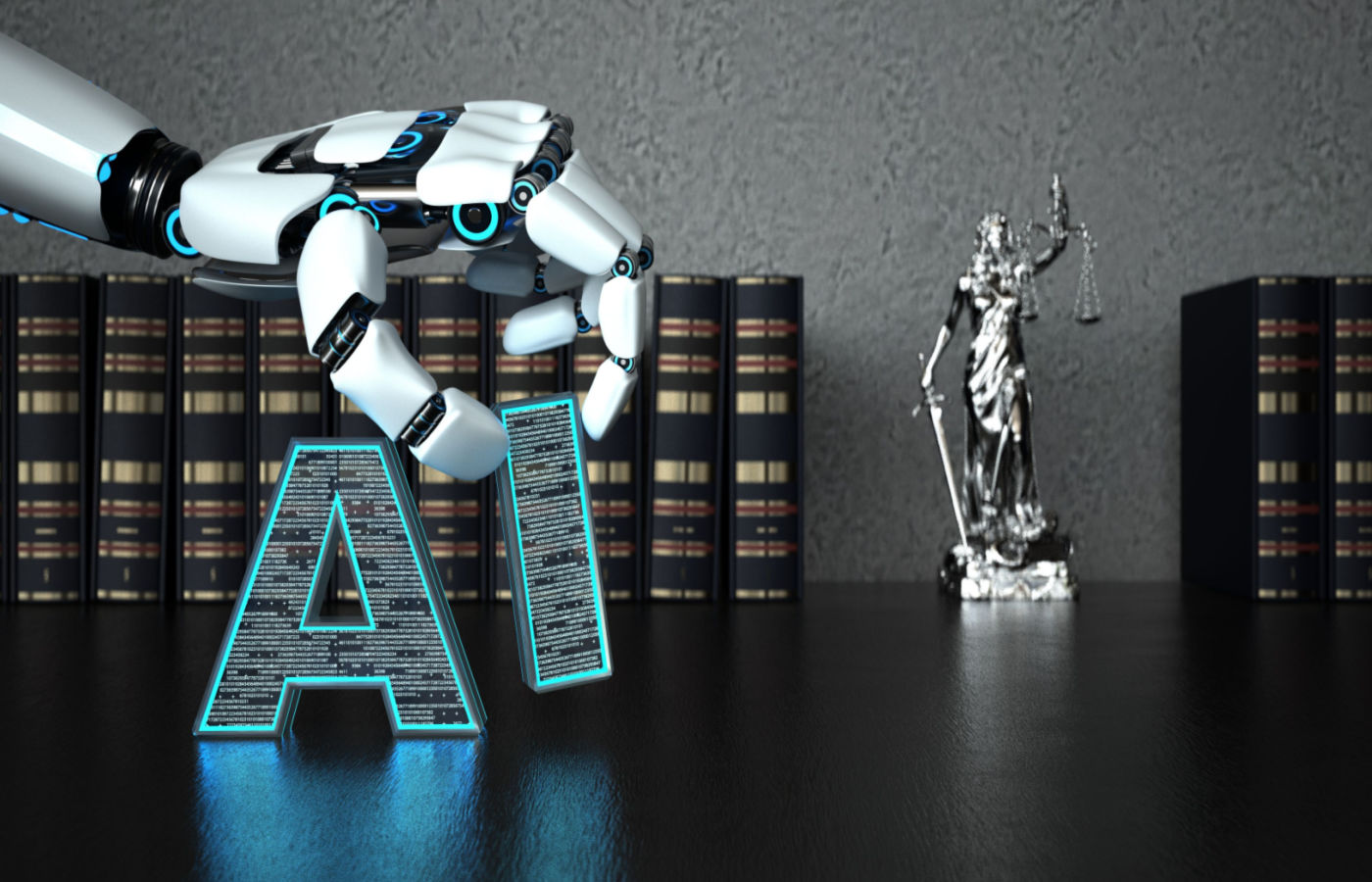
The Future of AI in Legal
Looking ahead, the trajectory of AI in the legal sector is poised for continued growth and innovation. Legal professionals and organizations that embrace AI technologies are likely on gain a competitive edge, delivering high quality services, optimizing resource utilization, and fostering a culture of innovation within the legal community. The future of AI in the legal domain unfolds as a tapestry of innovation and evolution, promising a paradigm shift in the very fabric of legal practice. As AI continues to mature, legal professionals can anticipate a landscape where routine tasks are further automated, freeing up valuable time for strategic thinking and nuanced legal analysis. Predictive analytics will likely become even more sophisticated, offering lawyers unparalleled insight into case outcomes and optimal legal strategies. The ethical considerations surroundings AI will undoubtedly drive the development o transparent are accountable AI systems, ensuring that the integration of technology aligns seamlessly with principle of justice and fairness. Collaborations between legal experts and technologists will become increasingly imperative, fostering a mutual understanding that bridges the gap between legal acumen and AI capabilities.
Moreover, the democratization of legal services through AI-driven tools such as legal chatbots promises to make legal information and assistance more accessible to a broader audiences. As the symbiotic relationship between AI and the legal professions deepens, the future envision a legal landscape where innovation and traditional converge, empowering legal practitioners to navigate complexities with unprecedented efficiency, accuracy, and ethical integrity.



